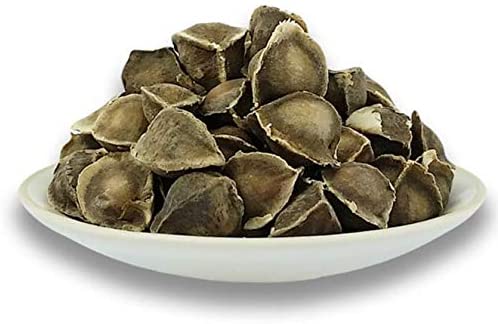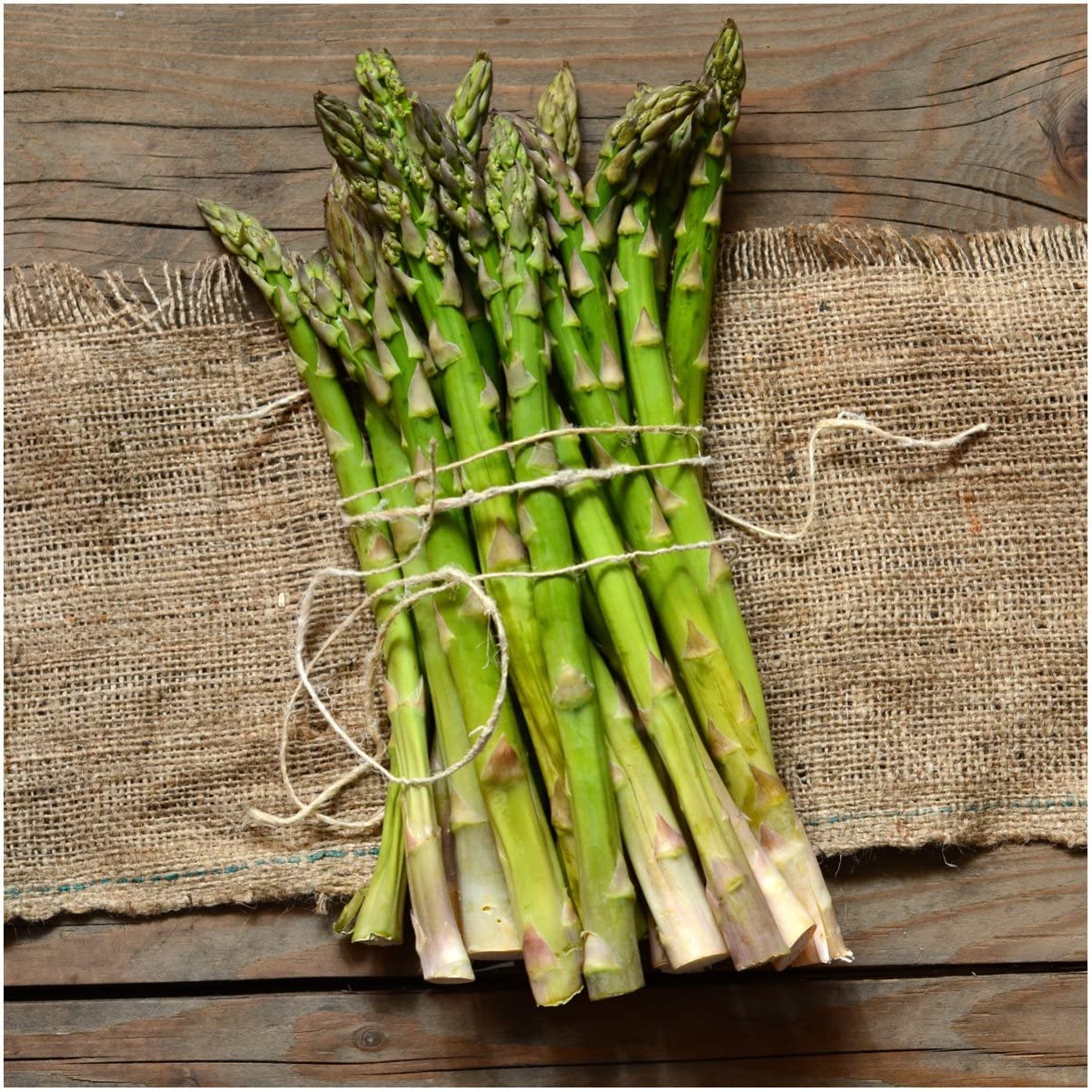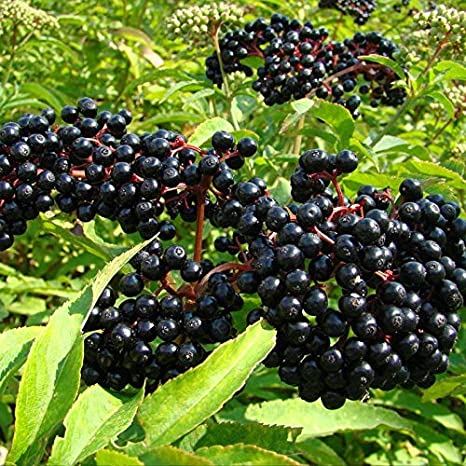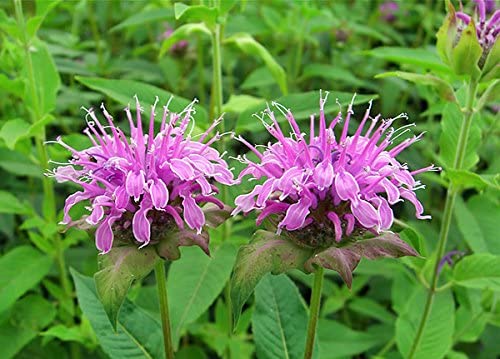Plants
Quick Links
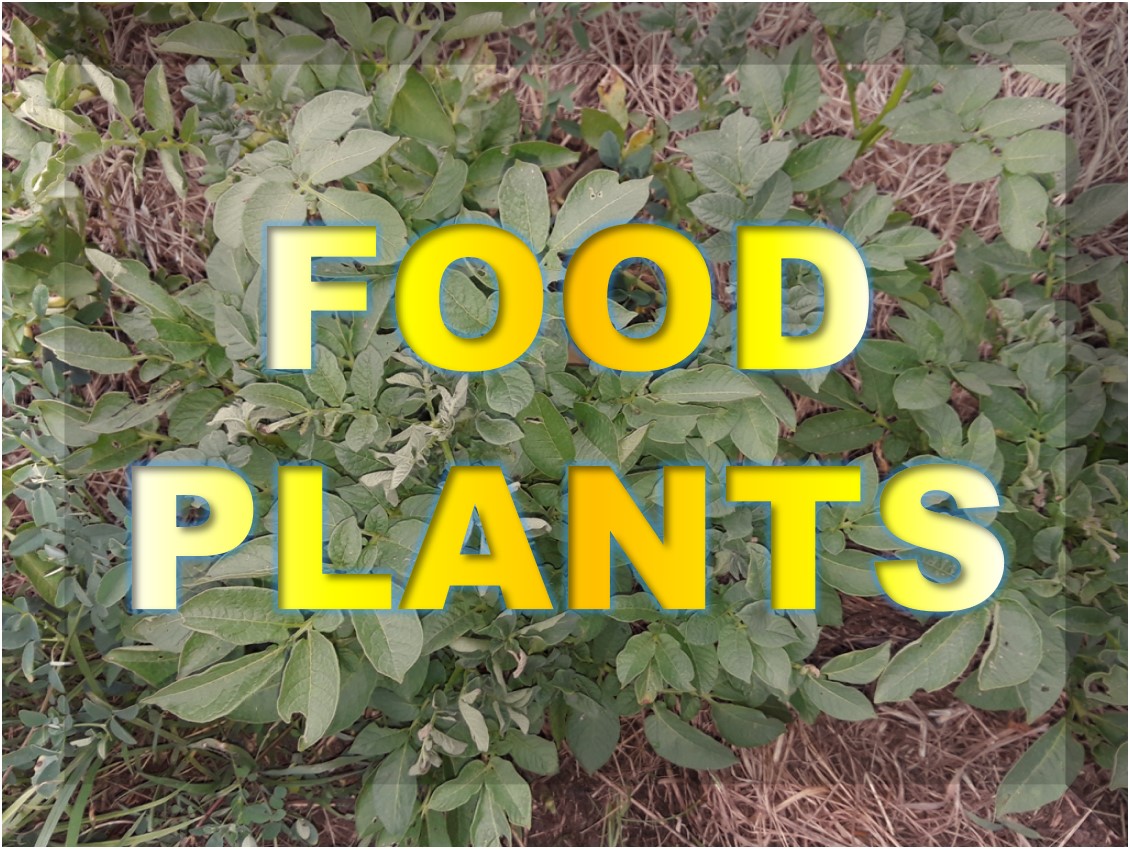 |
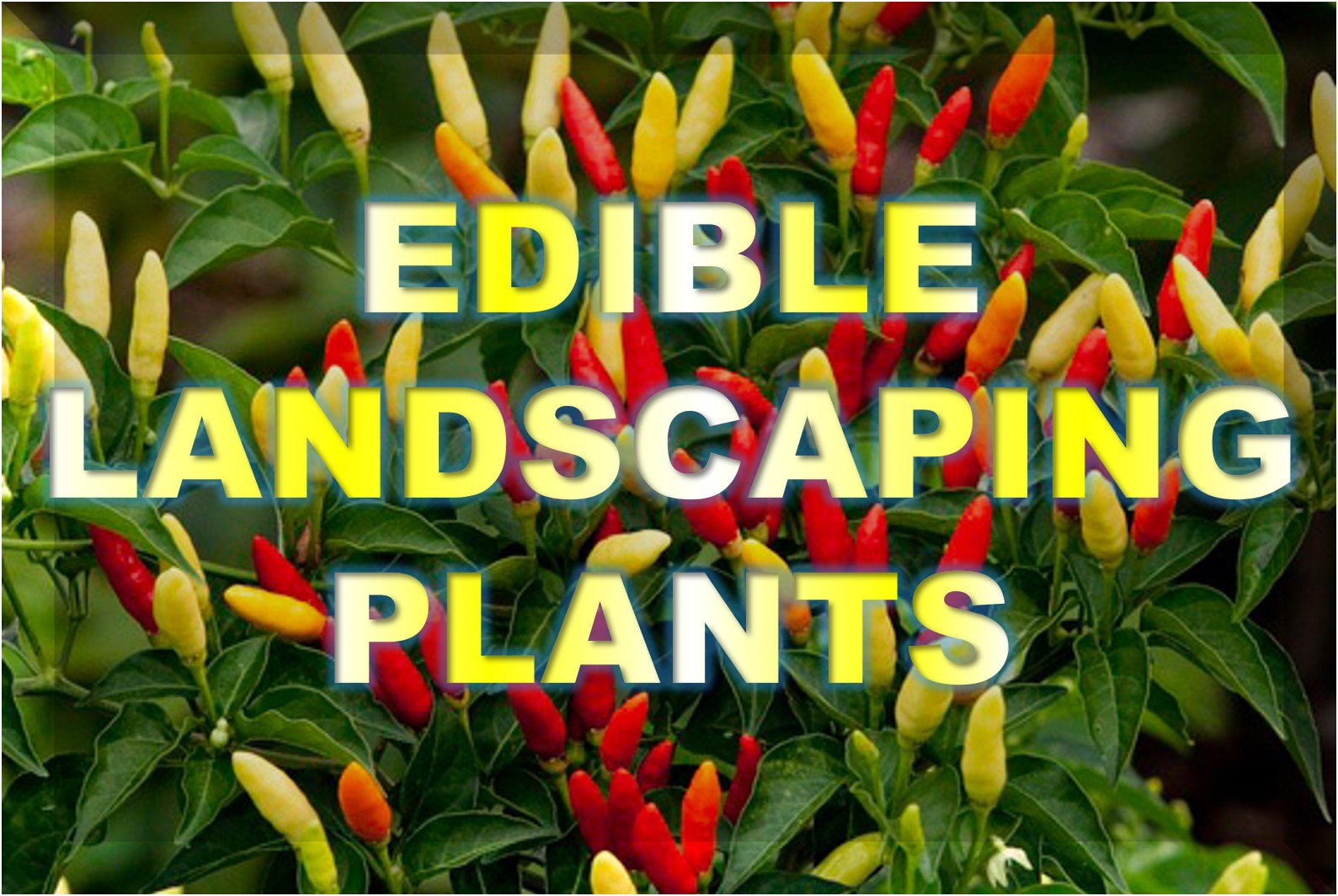 |
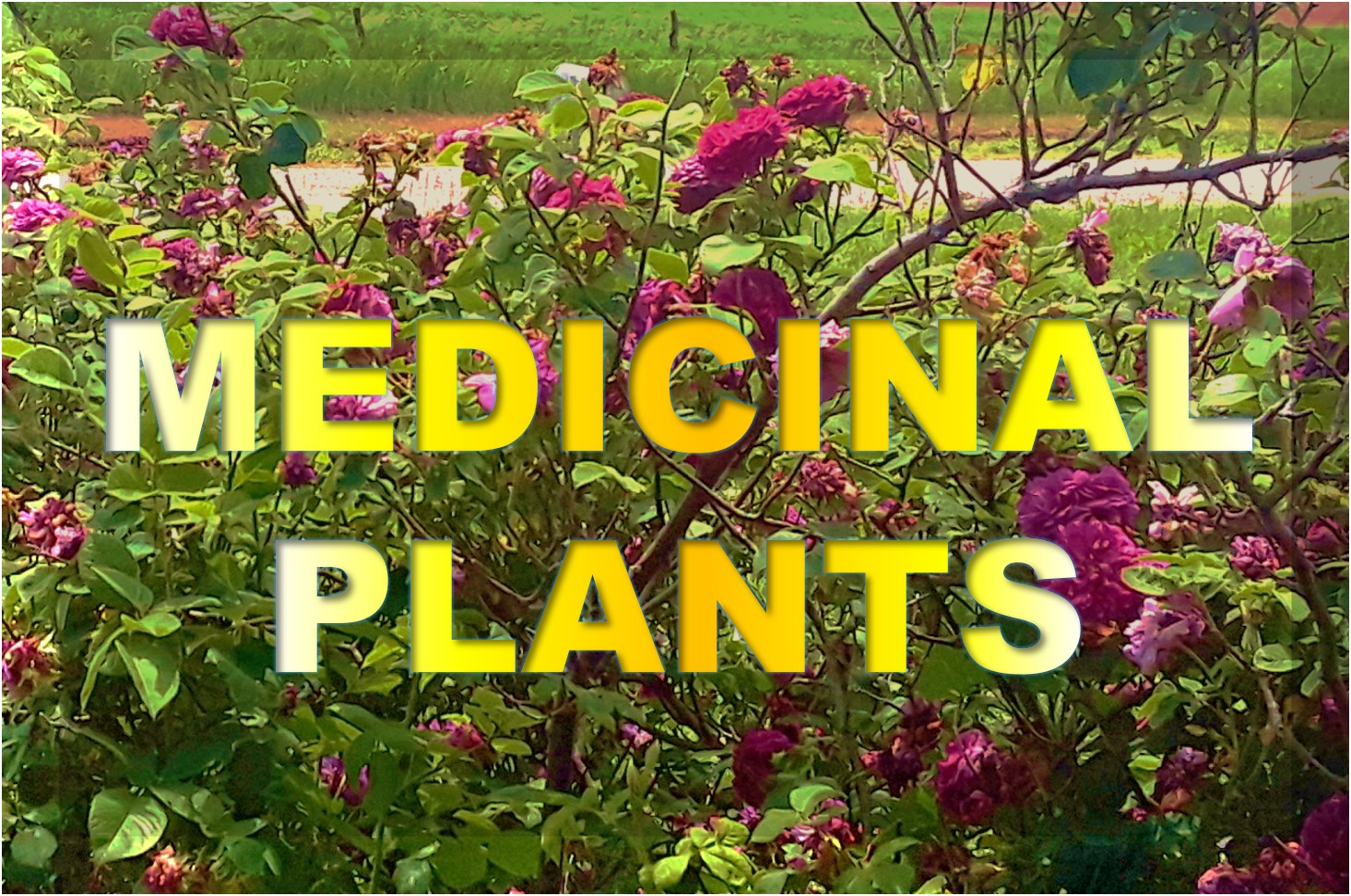 |
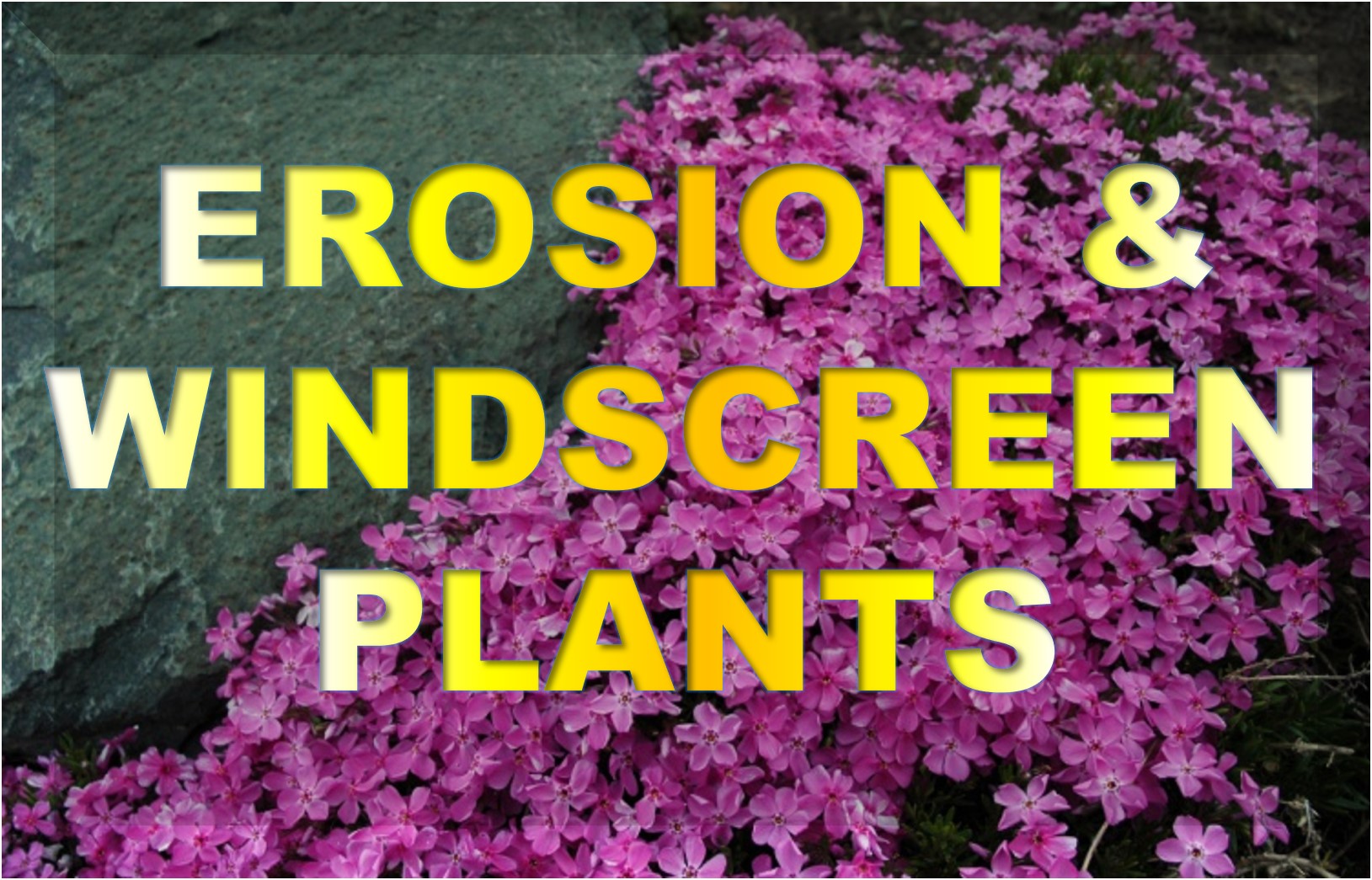 |
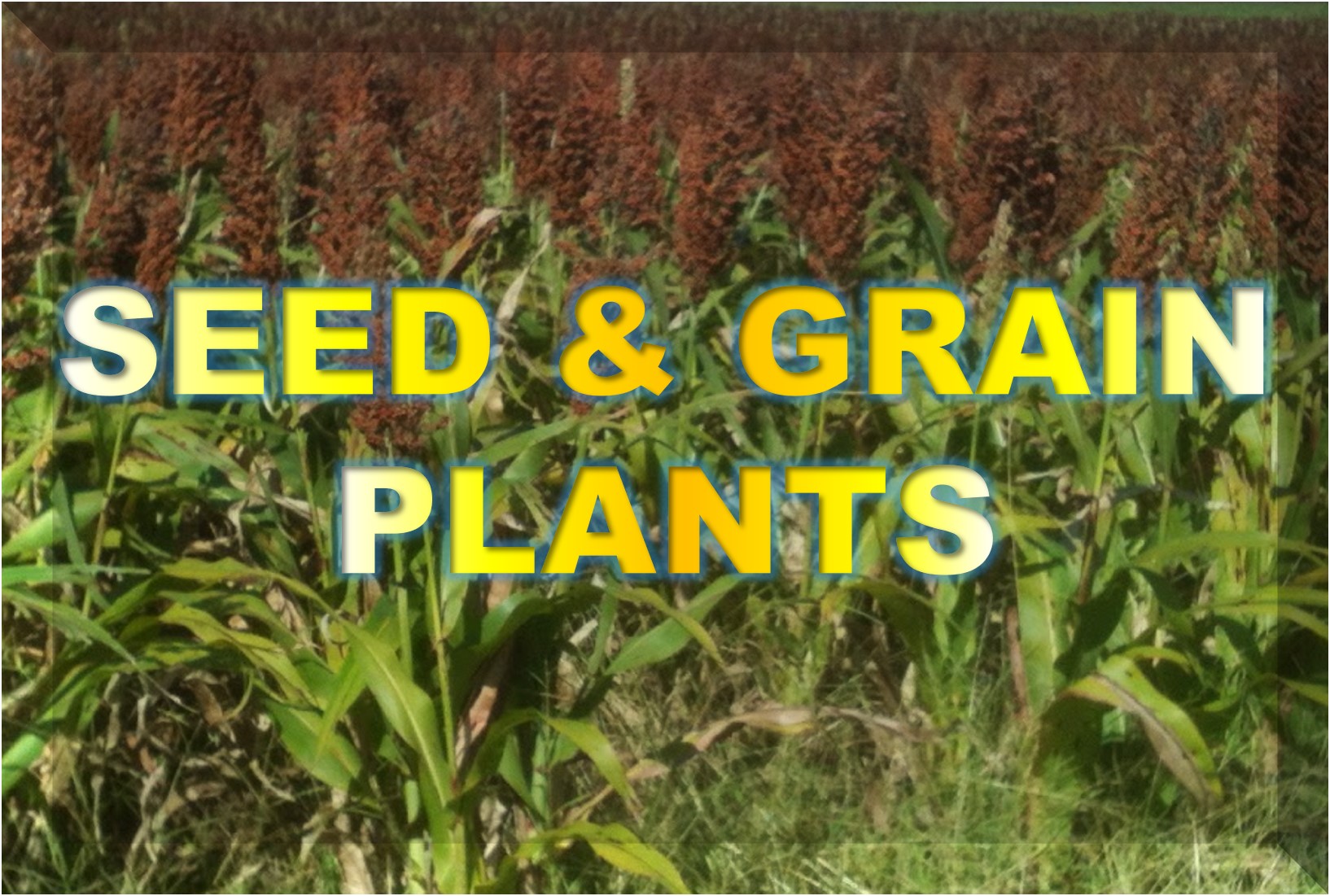 |
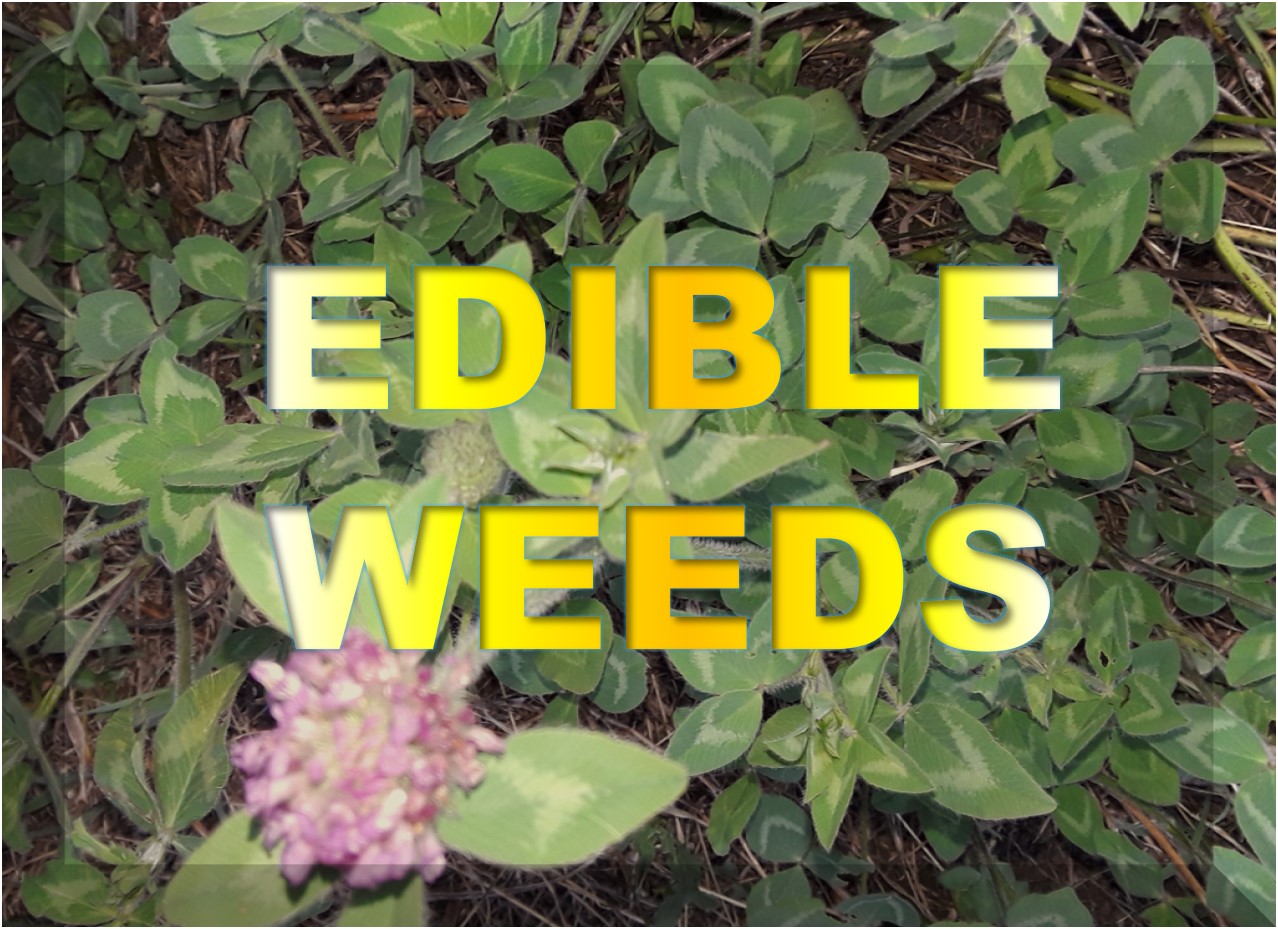 |
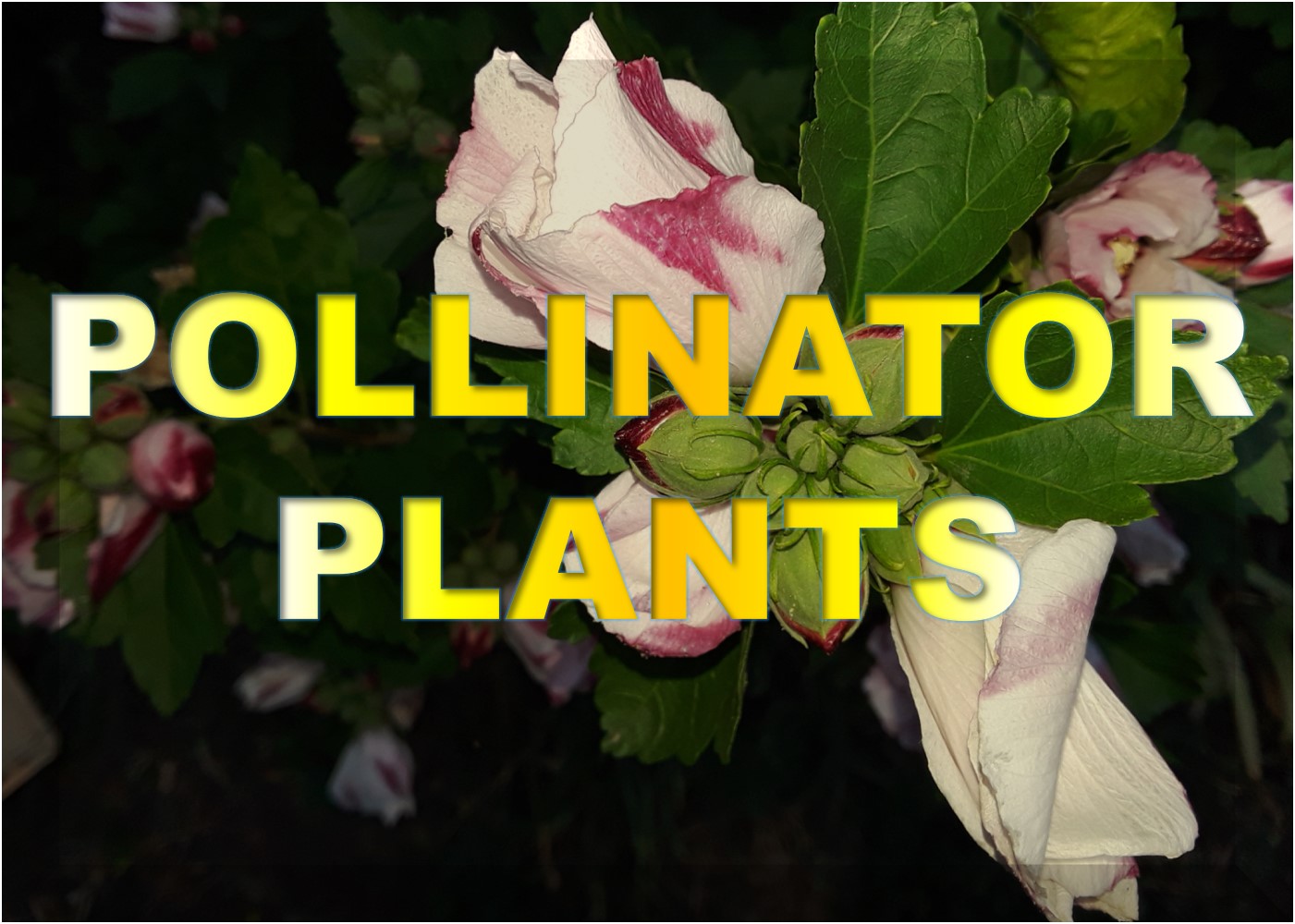 |
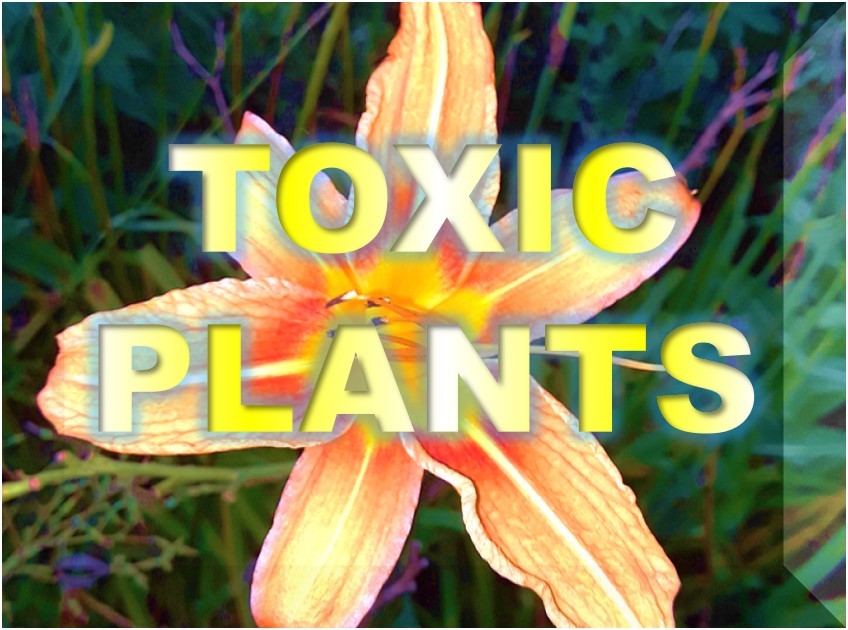 |
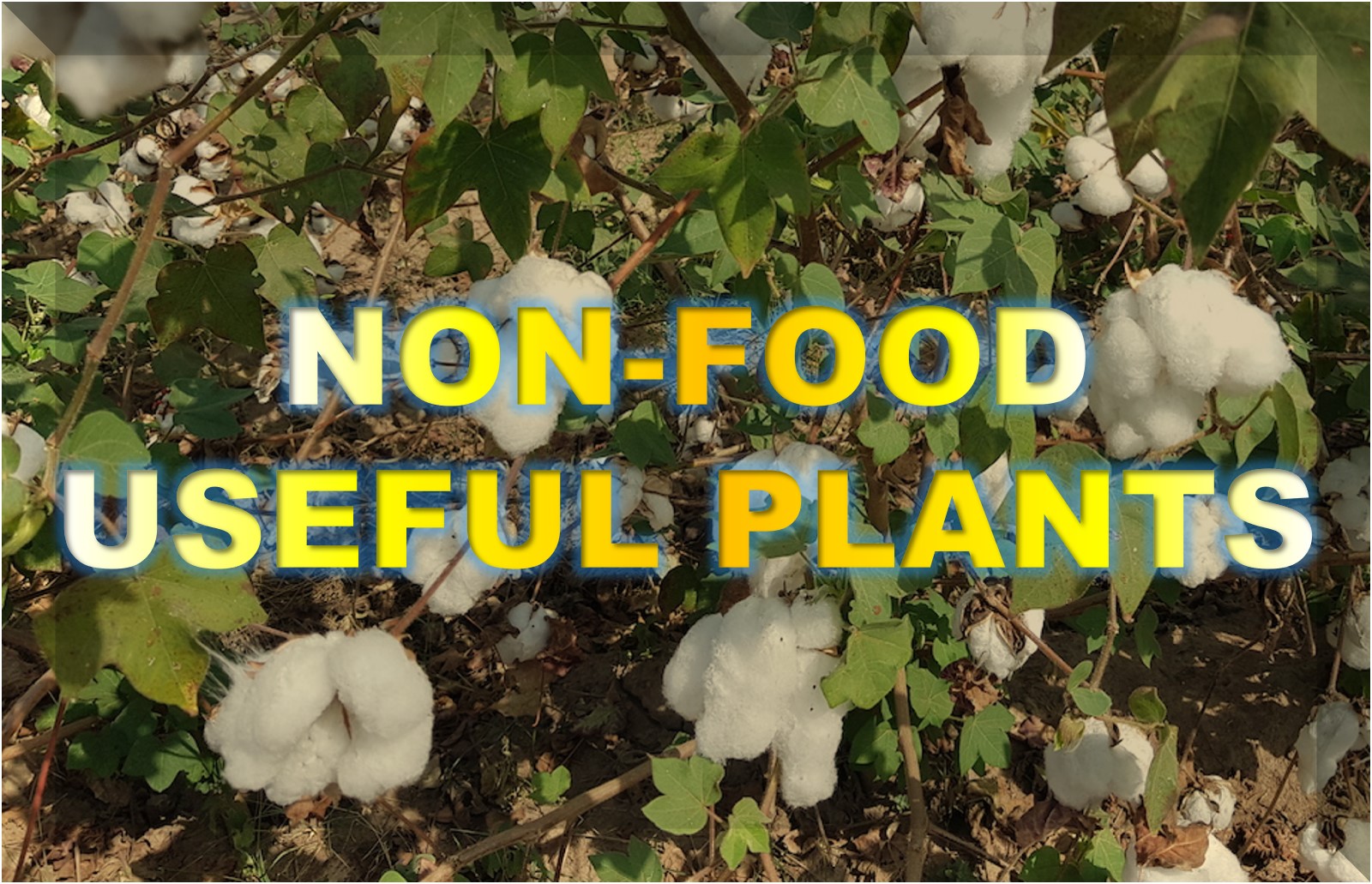 |
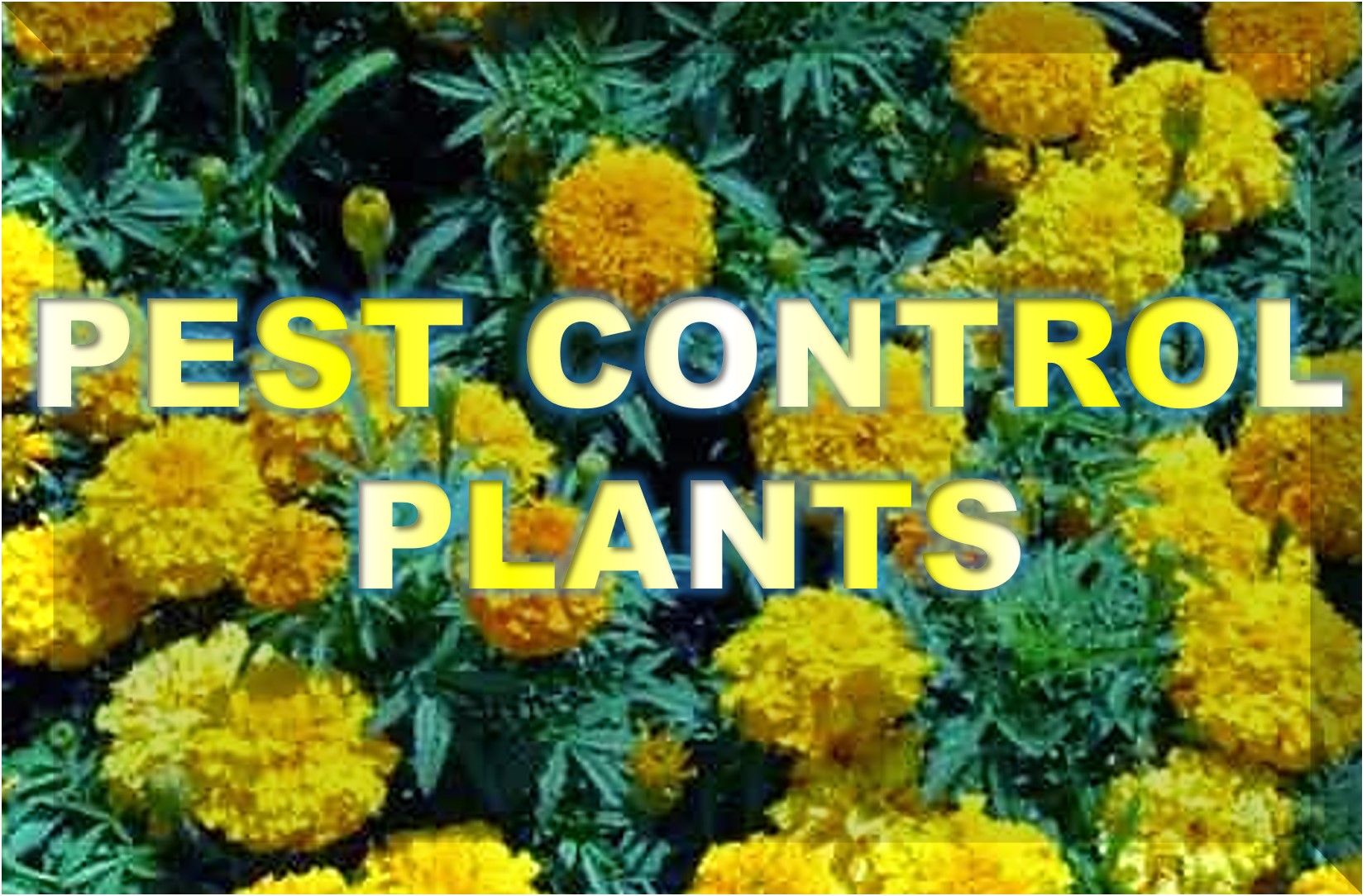 |
Selecting plants for your sustainable farm or homestead can be time consuming.
Harvesting seeds from your existing plants for replanting, can lead to some surprises. When planning your garden and sustainable farm, there are a few things to keep in mind:
- Heirloom vs GMO
- Quality vs Quantity
- Growing Space
- Perennial vs Annual
- Nutritional Benefits
- Ease of food Preservation
- Personal Preference
- Depending on the type of farming/gardening journey on which you intend to embark, you may not have decided whether you will be using Heirloom or GMO seeds. If you are going Organic, then you will need Heirloom, otherwise GMO for a conventional farming operation. Some of the differences between Heirloom and GMO are as follows:
- Heirloom seeds are not sterile. They can be harvested and replanted every year. Some GMO seeds are sterile having been modified for growth and productivity and to maintain uniform offspring but also to drive the seed sales every year.
- Heirloom seeds will produce fruit that is the same as the parent fruit. Meaning, if you plant heirloom tomatoes, the new tomatoes will bear all the characteristics of the parent tomatoes. GMO have been modified for certain characteristics and will revert back to the original characteristics after a couple generations. This is also why they are often sterile because they do not maintain the characteristics they've been bred to display. A Good example of this is Grape and Cherry tomatoes which are GMO plants. After the seeds are harvested, it only takes 2 generations before the plants begin to produce full size tomatoes again.
- Heirloom seeds are not resistant to Roundup and other pre-emergent chemicals. They have no built in immunities to herbicides or fungicides and are easily killed when these methods are employed. Many GMO plants are specifically designed to be grown in environments that have been treated with pre-emergents, herbiides and fungicides.
- GMO plants are designed to be resistant to many types of insects, by actually killing the insects that feed off them. Heirloom plants grow best when nature is balanced, beneficial insects to protect against harmful pests and where the soil is in optimum condition.
It can be beneficial to understand each plant individually.
It's not just a seed, its not just about the dirt and about keeping the plant alive until it produces fruit. Some Plants have Specialty uses, ie: marigolds repel many harmful insects, elderberries have been used to boost immune systems, roses produce rosehips to aid in regeneration after injuries, some plants just produce food, some attract pollinators, some are toxic and some can be used to make household items such as clothing and dyes. When planning your sustainable farm, it is important to map out what plants you will be growing and what purposes they will serve. For a truly self sustaining farm, you'll want to grow as many varieties of plants as possible so that you'll have all your bases covered.
In the right sidebar, I have created links to the different categories of plants. Within each category, you will find a link to the plant product for purchase and a link to information about the plant to help you become more informed.





